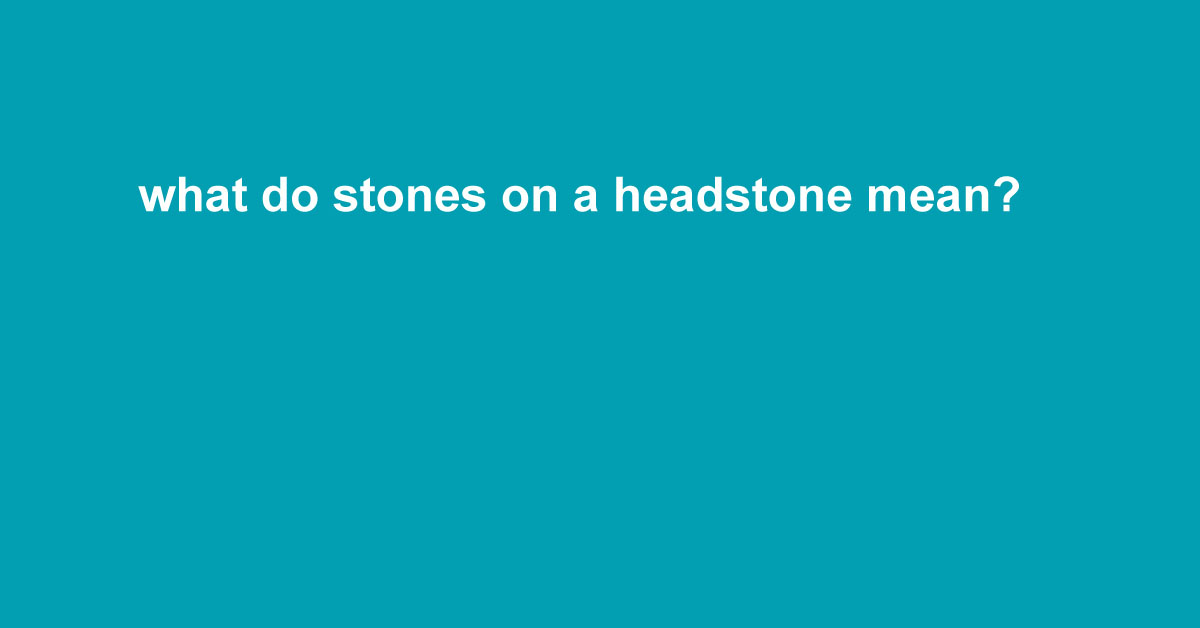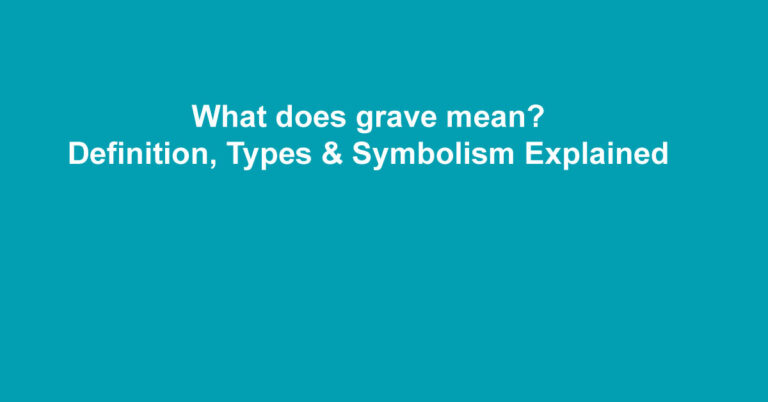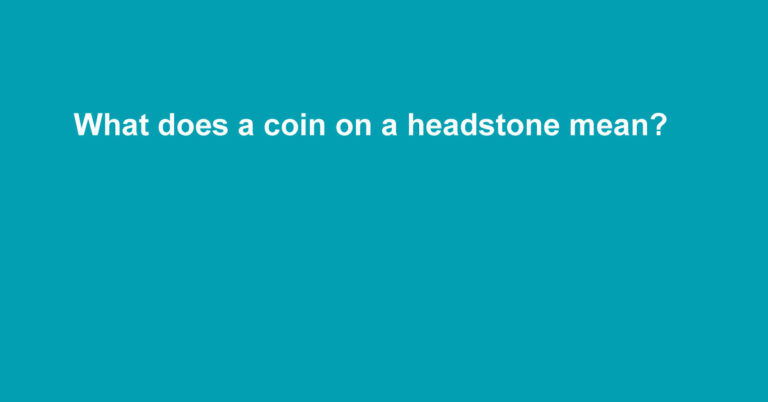what do stones on a headstone mean?
What do stones on a headstone mean? This tradition holds deep historical, cultural, and spiritual significance. In this blog, we’ll explore why people place stones on graves, the symbolism behind it, and how it differs across cultures. Perfect for those interested in burial customs, cemetery symbolism, and grave traditions.
What Do Stones on a Headstone Mean?
When visiting cemeteries, you may notice small stones placed carefully on headstones. This quiet act may seem simple, but it’s filled with deep symbolism, historical roots, and emotional weight. In this blog, we’ll uncover the meaning behind this age-old tradition and why it continues today.
The Historical Origin of Placing Stones on Graves
Jewish Tradition
In Jewish custom, placing stones on a grave is a sign of respect. It dates back to ancient times when graves were often marked with stones instead of tombstones. Visitors would add stones to maintain the grave’s structure and show that the deceased is remembered.
Ancient Practices
In various ancient cultures, stones were believed to keep the soul grounded or protect the grave from evil spirits. Stones symbolized permanence, unlike flowers that wither.
Symbolism Behind Stones on Headstones
Memory and Legacy
A stone acts as a physical symbol of a visit saying “I was here. I remember you.”
Permanence and Respect
Unlike flowers, stones last longer. They symbolize the eternal nature of remembrance and love.
Spiritual Beliefs
Some believe placing a stone prevents the soul from wandering or protects the grave from negative energy.
Cultural Variations of the Tradition
While the Jewish tradition is the most well-known, other cultures and modern secular practices have also adopted the stone placement gesture as a mark of memory and connection.
Stones vs. Flowers – Why Not Just Flowers?
Flowers Fade, Stones Remain
Stones don’t die. They stay, representing permanence. Many visitors choose stones as a way to say “your memory lives on.”
Minimalist Symbolism
Some prefer the simplicity of a stone it’s quiet, humble, and respectful.
Did You Know?
-
Some people write names or messages on the stones before placing them.
-
In military cemeteries, stones are often placed by fellow veterans as a mark of honor.
-
Certain cultures also use seashells or pebbles instead of typical stones.
FAQs About Stones on Headstones
What do stones on a grave signify?
They signify remembrance, respect, and the presence of visitors who cared for the deceased.
Is it only a Jewish tradition?
While rooted in Judaism, the gesture is now practiced by people of many faiths and beliefs as a way to honor the dead.
Can I leave a stone even if I’m not religious?
Absolutely. The act itself is a universal sign of respect and memory.
Is it disrespectful to remove a stone from a grave?
Yes. Stones placed on headstones are sacred to the people who left them. They should never be moved or removed.
Conclusion
Placing a stone on a headstone is a simple yet profound way to show love, respect, and remembrance. Whether rooted in tradition, personal meaning, or silent tribute, this act continues to connect the living with those they’ve lost.






